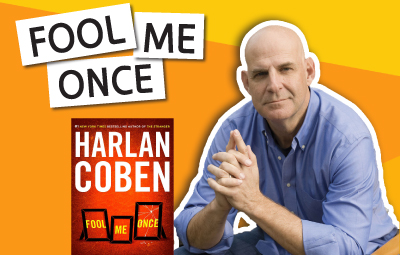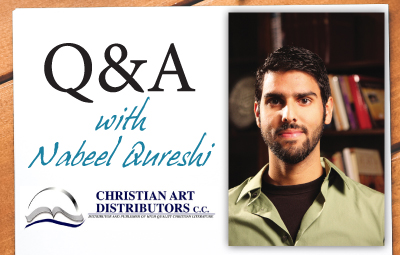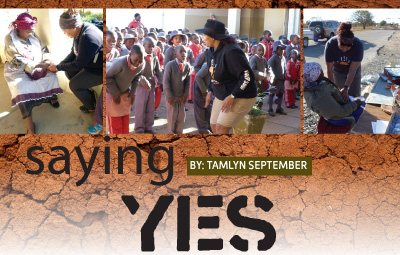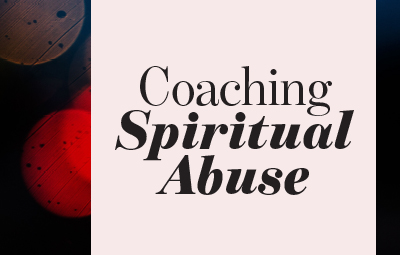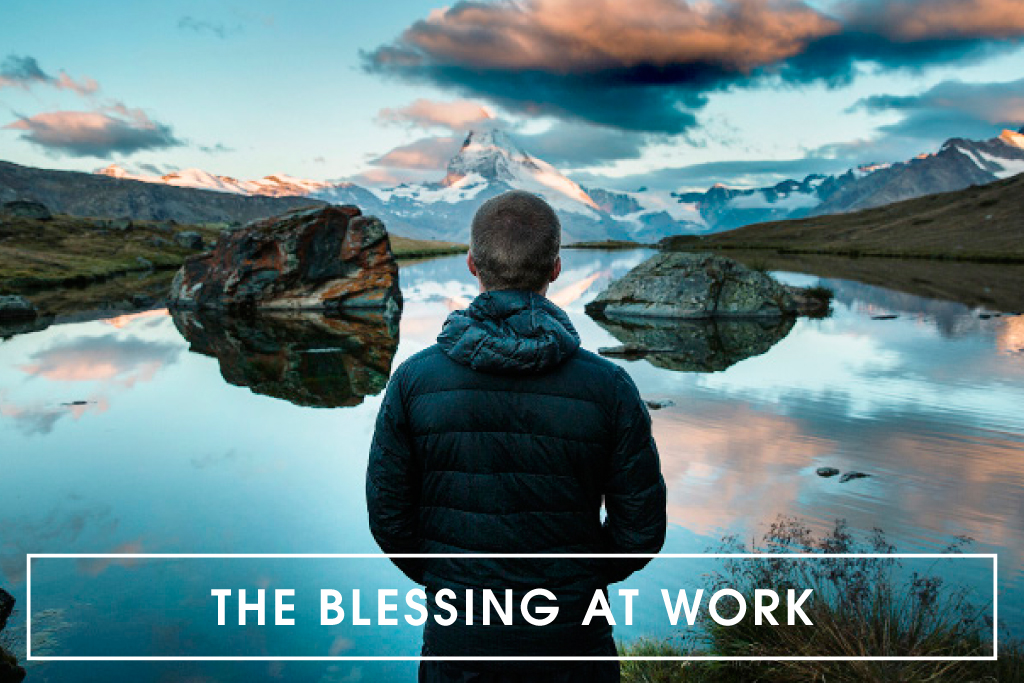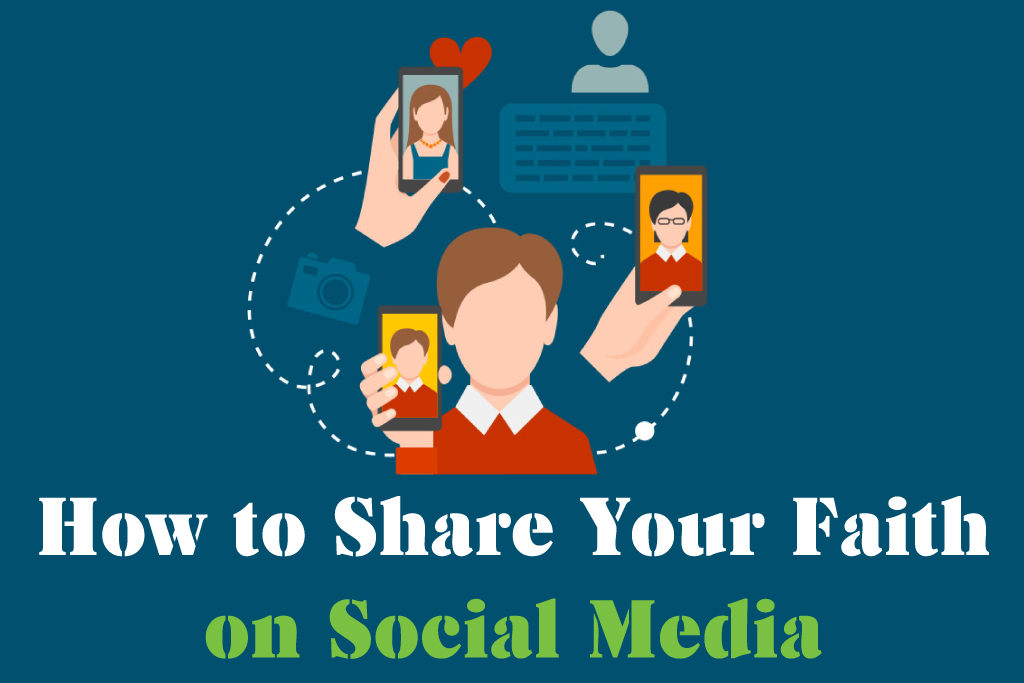
I find it fascinating that many people who handle social media for very large churches and ministries find it difficult to share their faith on their personal SM platforms. And others do it in an incredibly obnoxious way. But every new technology gives us another possibility for telling the greatest story ever told, but we have to do it with honesty and sincerity.
Krysta Masciale, CEO of Big Deal Branding puts it this way: "For me, it's important that I share as much on social media as I would in person. Since I don't speak about my faith until I've gained trust and been given permission to do so in a relationship, I use that same philosophy with my SM accounts. Also, know your audience. If Christians follow you and are expecting spiritual insights, GIVE IT TO THEM. If not, be aware that you're building a relationship, not trying to sell a car."
Krysta is exactly right. So I asked Kristen Tarsiuk, Creative Director + Community Pastor at Liberty Church Brooklyn to give us some suggestions about sharing our faith without screwing up the message. Here's her tips:
Social media can be an extremely powerful tool, or noise. It can be a communication channel where we share our humanity encountering Christ, or it can be a polished pic from the platform. Social media can be a celebration of the goodness of God, or a "look how good I look" selfie. The choice is always ours. Here are three tips on how to share your faith on social media authentically.
1. Be relatable
As a pastor and creative director, I could post pics of creative meetings or me working on my message. My journey as a pastor, though unique, is significantly less relatable to most people. So for the past two years, I have chosen to share my journey of faith as a mom on social media.
It never fails, each week the posts I share of my son are conversation starters with other moms in my neighbourhood and church. It opens the door for trust and connection, and ultimately me sharing my reliance on Jesus, or an invitation to church.
Ask yourself, is what I am sharing relatable to non-believers? Not every post needs to point to the Gospel, but think about the story you are telling.
2. Post the pain
Don't be afraid to share those less than perfect moments of life, especially the ones when you personally need God to show up.
Christians suffer. Non-believers suffer. Pain and suffering are a universal experience.
A few months ago my 3-year-old son had bladder surgery for a condition he has had since birth. My husband and I utilized our social feeds to share our journey. In post-op recovery we did a "Praise God – this journey is over!" type of post, thanking God for His goodness and faithfulness.
A few hours after arriving home (off the high of the Praise God post), Rocco's temperature sky-rocketed, and we found ourselves headed back to Children's Hospital. So at 2am we shared our pain and asked for prayers. At 3am, the fever broke. Then what we thought would be a couple day recovery, turned into weeks, with multiple posts saying things still aren't working.
I remember thinking, I don't want to be Debbie the Downer. Do people really want to know about my son's bladder? To my surprise they did.
When we shared updates on social media, both our Christian and non-Christian friends would reach out letting us know we were in their thoughts and prayers. And when we shared the good news that Rocco was healed – both are Christians and non-Christian friends celebrated with us.
Be humble and human. Share the less than perfect moments of life. Our weaknesses are the perfect platforms for God's strength. Share that story.
3. Remember someone is always listening
The Apostle Paul wrote, "I have the right to do anything," you say - but not everything is beneficial. "I have the right to do anything" - but not everything is constructive. No one should seek their own good, but the good of others. – 1Corinthians 10:23-24 (NIV)
Yes, we have the right to emotionally process on social media. But is it beneficial? Yes, we can post selfies and polished pics of ourselves. But is it constructive?
Social media is powerful. Recently journalists lost their jobs over their reckless use of words on social media. I have watched leaders bring pain to people by posting their opinion on social media – not understanding the weight of the conversation they entered, or the hashtag they used.
As believers, we are called to be a light. It is so important that we think before we post. Don't lose your testimony over a hashtag or a flippant tweet. Ask yourself, is this for the good of others, or am I just venting? Delete the vent, post the good.
I encourage all of us to use social media as a tool to share our faith. Be relatable. Share your humanity. Think before you post – because someone is always listening.


